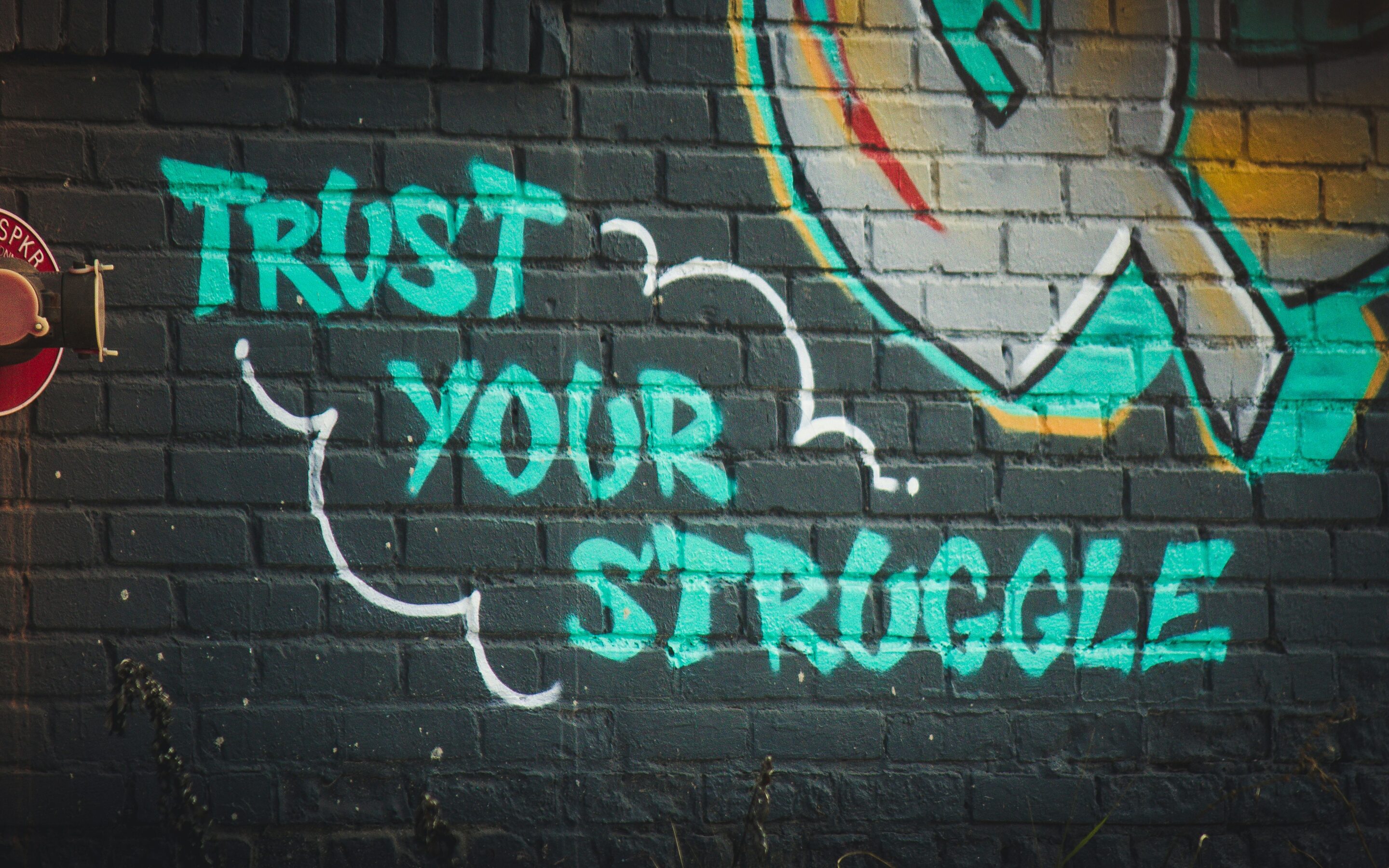By Brian F. Martin, Author of INVINCIBLE
Childhood Domestic Violence Causes Feelings of Hopelessness
Growing up with childhood domestic violence makes us contend with hopelessness. Hopelessness can make us feel aimless and powerless in an overwhelming world. This mirrors the feelings of powerlessness and hopelessness we grew up dealing with in our own homes. Feelings of hopelessness can have a profoundly negative impact on various aspects of life, including self-esteem, health, and overall life satisfaction. But there is hope for change.
But Feelings of Hopelessness Can Become Purpose
Meaning and purpose are the opposite of despair. You can’t believe your life holds meaning and also simultaneously feel hopeless. Here in this post, I want to give you a glimpse of the life and future that can be yours when you embrace the true meaning and purpose of all you faced in your childhood home and also of the unique gifts that you’ve forged out of the fires of adversities in childhood when you overcome the lie of hopelessness learned in that home and become guided.
Steps to Shift from Hopelessness to Being Guided
-
Acknowledge what you’ve been through: Recognizing the impact of growing up with Childhood Domestic Violence is not weakness; it’s the first step toward reclaiming your voice. You can’t heal what you don’t name.
-
Challenge the beliefs that keep you stuck: Hopelessness often grows from old messages: “It’s always going to be this way,” or “Nothing I do will matter.” These beliefs formed in survival. They are not facts.
-
Notice small choices you can control: You don’t have to change everything at once. Start with one thing. Set a boundary. Say no. Say yes. Let a single act remind you that you still have agency.
-
Create safety in your daily life: Stability helps rebuild the parts of you that were shaped by fear. That might mean routines, relationships that feel steady, or simply places where your nervous system can rest.
-
Connect with others who understand: Hopelessness thrives in isolation. Community reminds you that you’re not alone and that healing is not only possible, it’s shared.
-
Let progress be imperfect: Empowerment doesn’t mean never struggling again. It means moving through the struggle with a growing sense that you are no longer powerless. Every step counts.
Rediscovering Purpose
When you grow up in a home marked by domestic violence, your energy often goes toward surviving the moment. There isn’t enough space to ask big questions like “What do I care about?” or “What kind of life do I want to build?” Purpose can become a luxury you don’t feel entitled to.
But healing opens the door to something more. It allows you to look beyond the past and toward a life that reflects who you truly are, not just who you had to become to get by. Purpose doesn’t always arrive as a dramatic shift. Sometimes, it appears quietly in the things you care about, the people you support, the boundaries you set, or the work you choose to do with intention.
You don’t have to have everything figured out. You only need to stay open to the idea that your life can be more than what it was. That your story holds value. That your pain, while not chosen, can inform how you walk forward: with clarity, with care, and with a deep sense that your life is yours to shape.
When You Might Need Help to Reclaim Control
It’s not always obvious when you’ve lost your sense of control. Sometimes it shows up in small ways: feeling stuck in routines you didn’t choose, avoiding decisions, or second-guessing yourself even in everyday choices. You might feel like life is happening to you, rather than with you.
These patterns often stem from early survival strategies. If you grew up in a home where conflict or fear dominated, your nervous system may still be wired for protection instead of participation. Reclaiming control begins with recognizing this, then gently building new patterns.
Support doesn’t always mean talk therapy. Many find clarity and grounding through books, guided journals, structured worksheets, or programs that help make sense of past experiences in a step-by-step way. These tools can help you reconnect with your voice, values, and priorities at your own pace.
If you feel like you’ve been living on autopilot or struggling to name what you want or need, it may be time to try something different. You don’t need to do everything at once. But even one small resource can help you shift from a state of survival toward a life that feels more like your own.
If you’re not sure whether or not you grew up with domestic violence, feel free to use our free and private CDV screening questionnaire.

